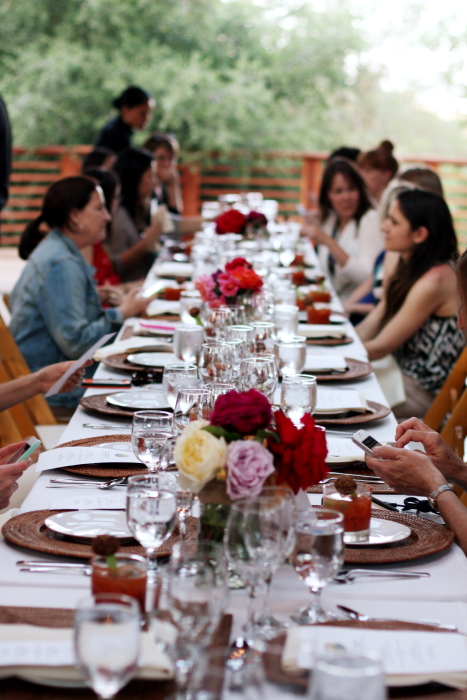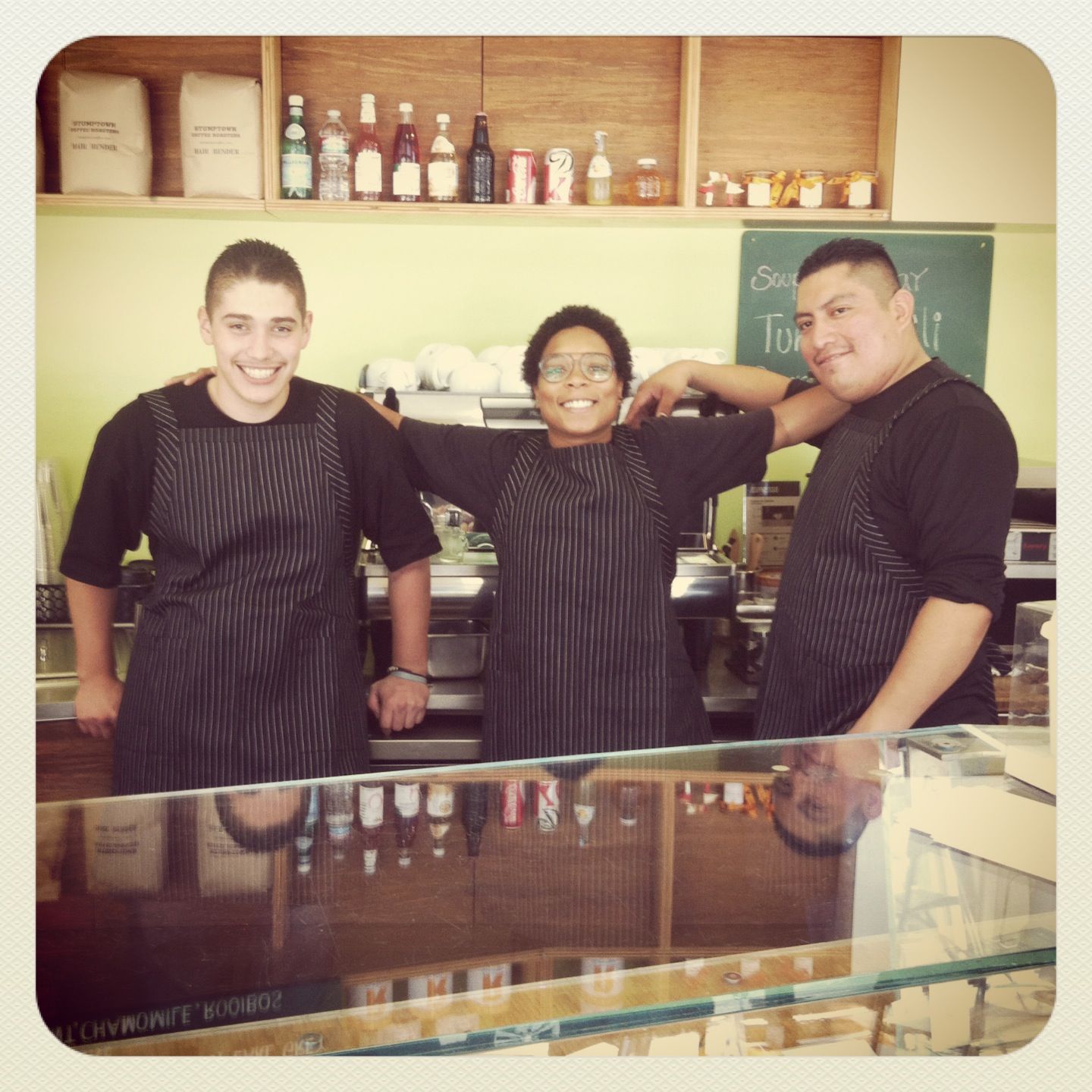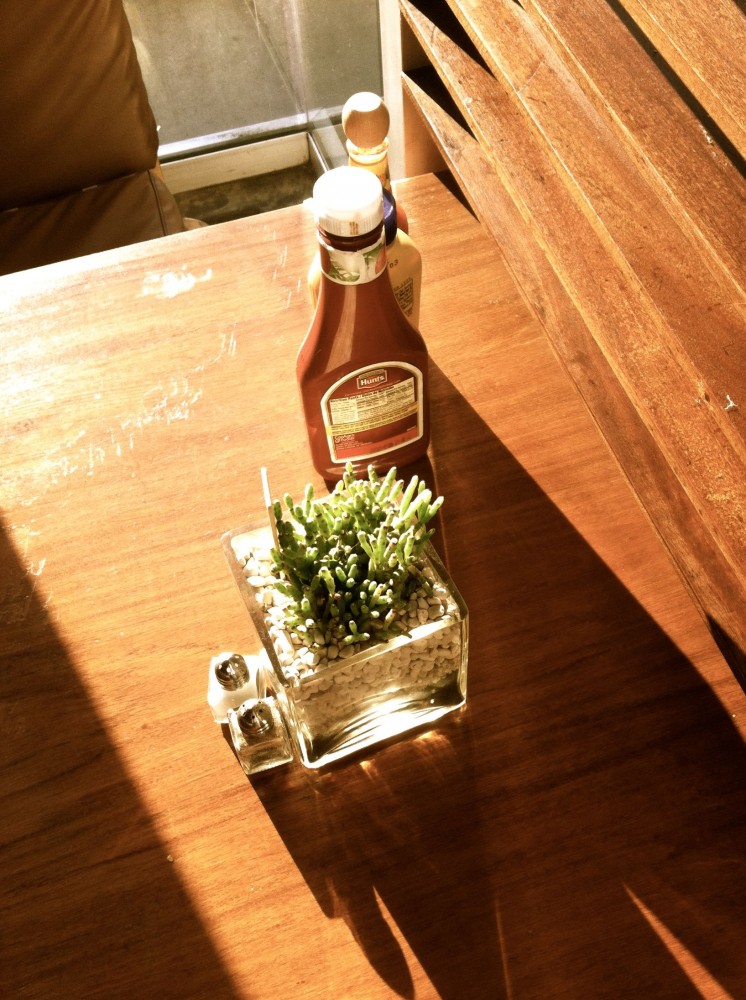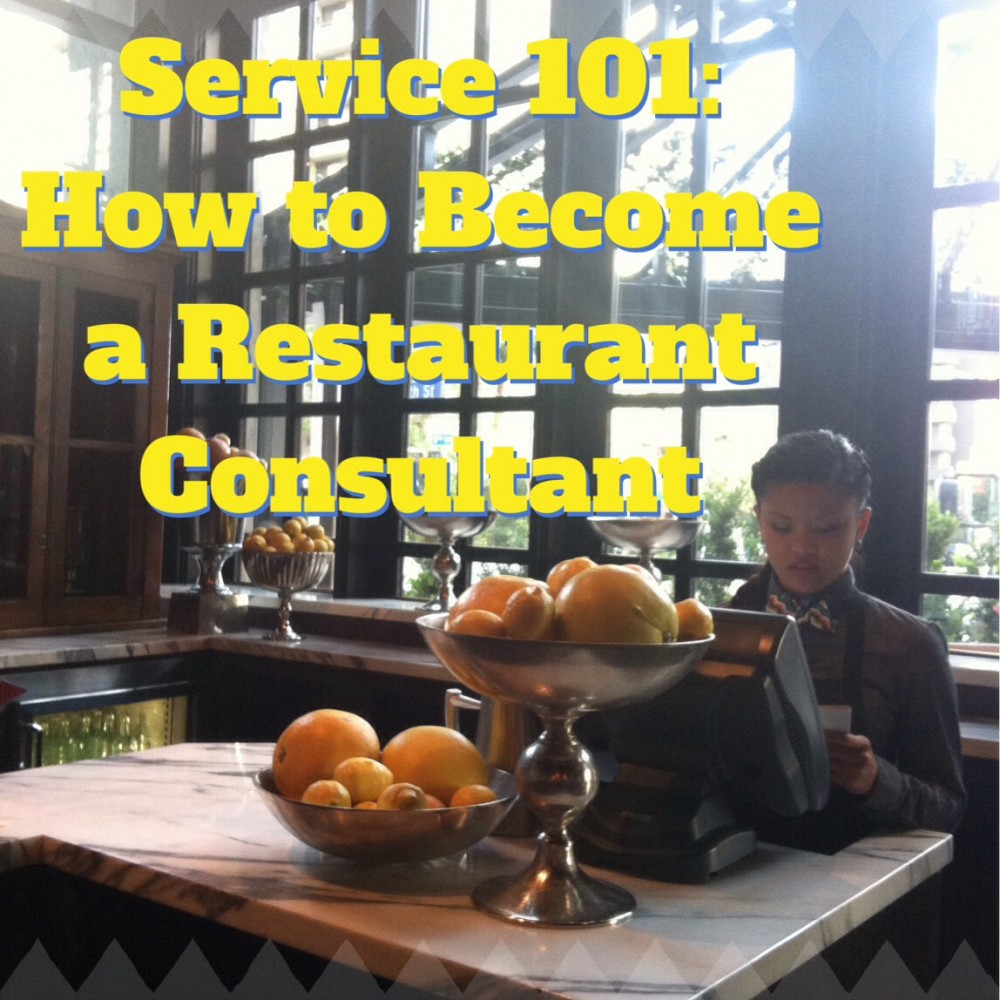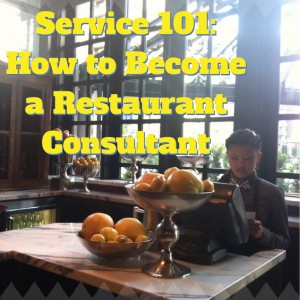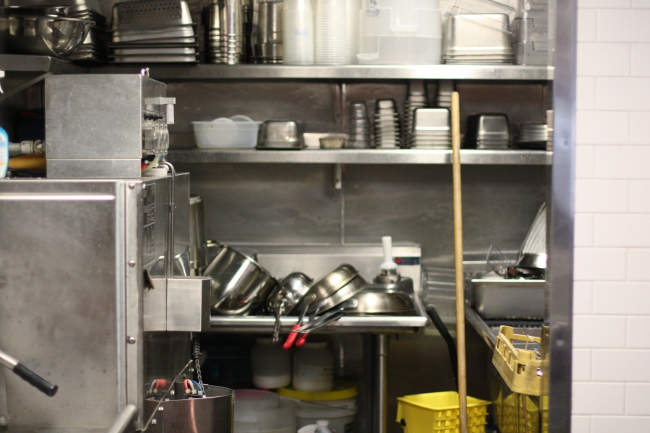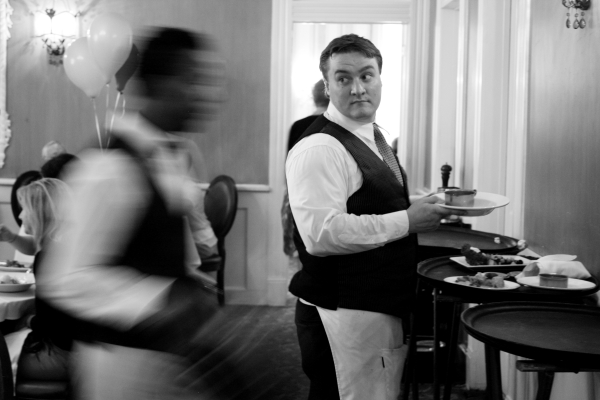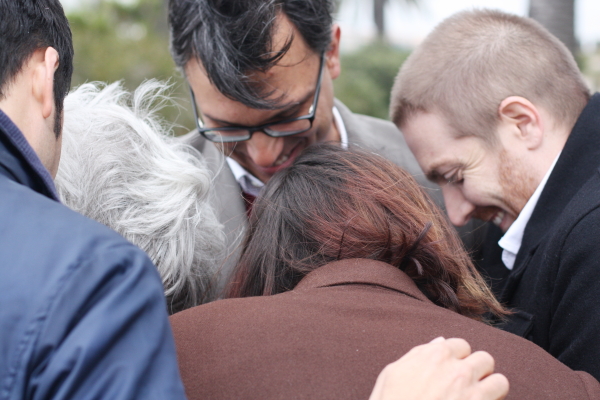Are you thinking about starting your own restaurant consulting business?
If the answer is yes, I’d wager that the food business has become part of your DNA. Hospitality runs through your veins. Maybe you’ve worked in restaurants most of your life or have run some aspect of the food business that’s given you the confidence and experience you need to share what you’ve learned so far. Perhaps you’ve been a leader in service, are an experienced chef who is obsessed over food preparation and streamlined operations. Maybe you’re a whiz at hiring and training great teams. Or maybe you watch the Food Network like it’s your job.
Regardless of who you are, the idea of consulting and being your own boss has gotten under your skin. This is probably the time to ask yourself what about consulting appeals to you.
Maybe consulting seems like the best way for you to showcase your talents. Maybe you’re tired of working long hours for people with big personalities and big egos who don’t recognize your work. You might even think that having a consulting business will be less stressful or give you more flexibility in your life.
I wish I could tell you that by starting your own business you’d be free of all the hard stuff like big personalities or long hours. But I can’t. You might not get free of any of the tough stuff.
But yes, you will have choices you wouldn’t typically have if you were an hourly employee. You will also have bigger challenges you wouldn’t usually face if you were a server or manager of a restaurant chain–like finding clients so you can earn a paycheck.
If money is tight and you’re not sure if you can afford not getting paid for a while, you might want to consider easing into consulting on a part time basis.
“If you’re not a risk taker, you should get the hell out of business.” –Ray Kroc, McDonald’s Founder
I developed my career as a restaurant consultant by doing a lot of research, planning and then eventually, jumping in head first and figuring out the little details along the way.
I had to open my mouth and tell somebody what I was planning on doing. I had to act as if I was a restaurant consultant. And, lucky for me, the first professional contact I told about my future restaurant consulting business hired me on the spot.
That’s when I had to just JUMP.
After that first job, I refined my vision. Experience helped me see where I needed to trim some old ideas, borrow heavily from other restaurant leaders, and do a few things in my own way.
If you’re wondering where to start as a restaurant consultant, here are 6 goals to get you on your way to starting your own consulting business.
6 Goals to Getting Going as a Restaurant Consultant:
-
Define what kind of consultant you are.
-
Decide what kind of service you’re offering.
-
Figure out how much your services cost. Decide how to create value for your clients.
-
Define who your audience is.
-
Set up a website. A basic website is better than no website.
-
Develop an offer. Figure out how you can over-deliver.

